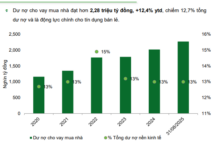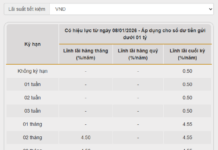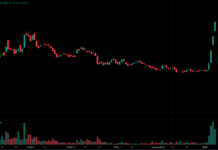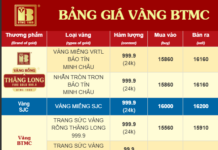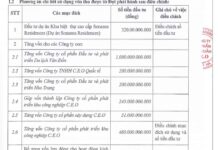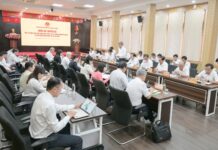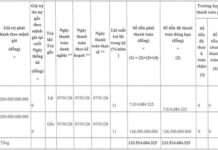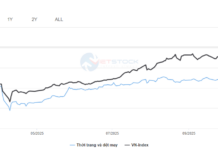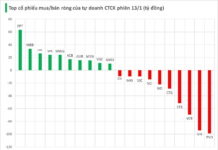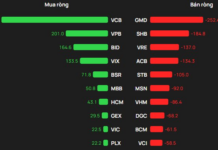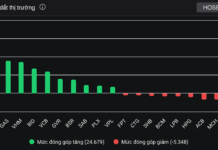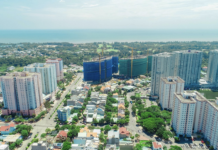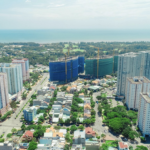The new Land Law of 2024 is expected to bring about positive changes and opportunities for the real estate market in Ho Chi Minh City, as shared at a seminar on the law organized for foreign-invested enterprises operating in the city.
Mr. Phan Duc Hieu, a member of the National Assembly’s Economic Committee, highlighted several important changes in the law related to land resources for production and business that investors should pay attention to, including financial policies and a more transparent and fair approach to the market. One notable change is the provision allowing overseas Vietnamese to buy and own property in Vietnam.
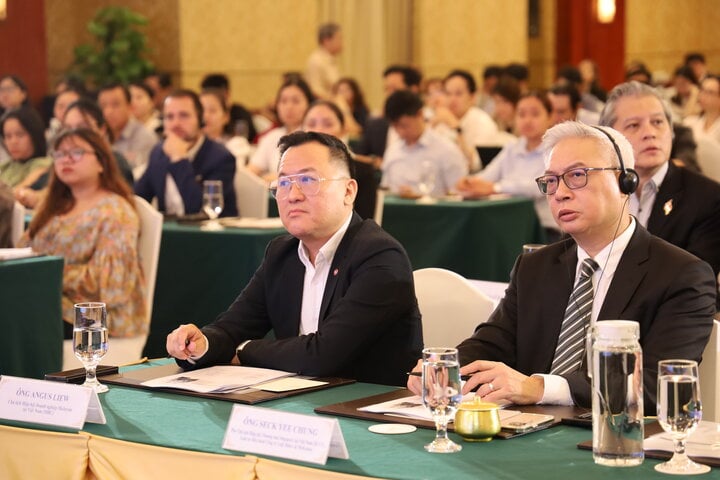
Foreign investors are keenly interested in the Land Law of 2024 and its potential positive impact on the real estate market in the coming months. (Photo: P. Quoc)
The Law on Housing of 2024 states that overseas Vietnamese who are permitted to enter Vietnam are allowed to own houses associated with land use rights according to the law on land. Meanwhile, the Land Law of 2024 replaces the term “Overseas Vietnamese” with “Vietnamese origin overseas”.
Additionally, Vietnamese citizens residing abroad have the same rights and obligations as domestic individuals regarding land use.
Mr. Ma Xuan Tuan, Director of the Ho Chi Minh City Center for Real Estate Research and Investment Consulting, expressed his confidence that the new Land Law will bring about a recovery in the real estate market after two years of stagnation.
This effect is expected to attract a large wave of foreign investors to various sectors, not just real estate. The city has experienced consecutive years of economic challenges due to COVID-19 and financial crises, and investors are eager to seize opportunities as the market stabilizes.
Mr. Tuan appreciated the new point in the Land Law of 2024, which grants equal rights to overseas Vietnamese with Vietnamese citizenship in terms of buying, selling, donating, and inheriting land use rights and housing without any restrictions.
However, there is a concern among overseas Vietnamese about how the law will be implemented in practice. This needs to be clarified, as many Vietnamese citizens residing abroad wish to own property for convenient living and as an asset.
“I hope that the implementing decrees and circulars will provide more detailed guidance on the provisions for overseas Vietnamese to buy and own property. The law states that Vietnamese origin overseas are allowed to own property in Vietnam, but what constitutes ‘Vietnamese origin’ is unclear,” said Mr. Tuan. “For example, if an individual is born abroad to Vietnamese parents, would they be considered of Vietnamese origin and thus eligible to buy and own property in Vietnam? This is a question that concerns many overseas Vietnamese. As far as I know, many Vietnamese expatriates who are also investors are eagerly awaiting the enforcement of the Land Law of 2024 to make decisions about buying property for investment purposes.”
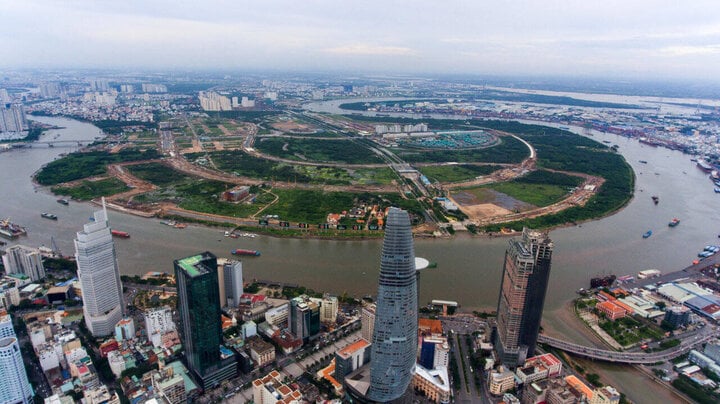
Experts anticipate that the impact of the Land Law of 2024 will attract a wave of investors to various economic sectors in Ho Chi Minh City and other provinces. (Photo: TL)
Another point of attention in the Land Law of 2024, according to Mr. Tuan, is the provision on land rent. While the state issues a land price framework valid for five years with annual adjustments, investors who rent land pay a one-time fee for five or ten years. It is unclear if they will be retroactively charged or refunded if land prices fluctuate during this period, which could lead to conflicts in investment attraction.
“The new land prices, as I understand, will be issued on January 1, 2025. Investors will find it challenging to decide whether to pay rent annually or for a longer period of five or ten years. Detailed and clear implementation guidelines are needed for investors and businesses to understand and apply,” added Mr. Tuan.
Addressing concerns about a possible sharp increase in land prices, Mr. Tuan assured that the new land law will not allow for such price hikes as it empowers local authorities to rearrange the market and prevent speculators from driving up prices. With the new law, the real estate market is expected to recover steadily.
Dat Xanh Services’ recently published research report on Vietnam’s real estate market in the first half of 2024 acknowledged the positive impact of the relaxed regulations allowing overseas Vietnamese to own houses associated with land use rights. This has facilitated Vietnamese expatriates’ investment and ownership of property in Vietnam.
Most Vietnamese expatriates who buy or intend to buy property in Vietnam are interested in the mid-range segment for actual living purposes rather than speculation. Those seeking investment opportunities tend to look for long-term investments, focusing on segments with high rental potential and profitability.
For those aiming to accumulate assets, peripheral areas of Ho Chi Minh City with prime locations and dense populations are often the preferred choice. These areas offer potential for future price increases and provide stable rental income.
The Land Law of 2024, which will come into effect on August 1, 2024, comprises 16 chapters and 260 articles. It is expected to have a significant impact not only on closely related sectors like real estate but also on financial, construction, and service markets. The law provides a mechanism to resolve disputes without going through courts, enabling investors to make safer and more efficient business strategy decisions.
2023 Remittances Surpass Half of Ho Chi Minh City’s Budget Revenue
As part of the Homeland Spring 2024 program in Ho Chi Minh City, this morning (2/2), the overseas Vietnamese delegation had a tour of the City Hall and met with city leaders.





